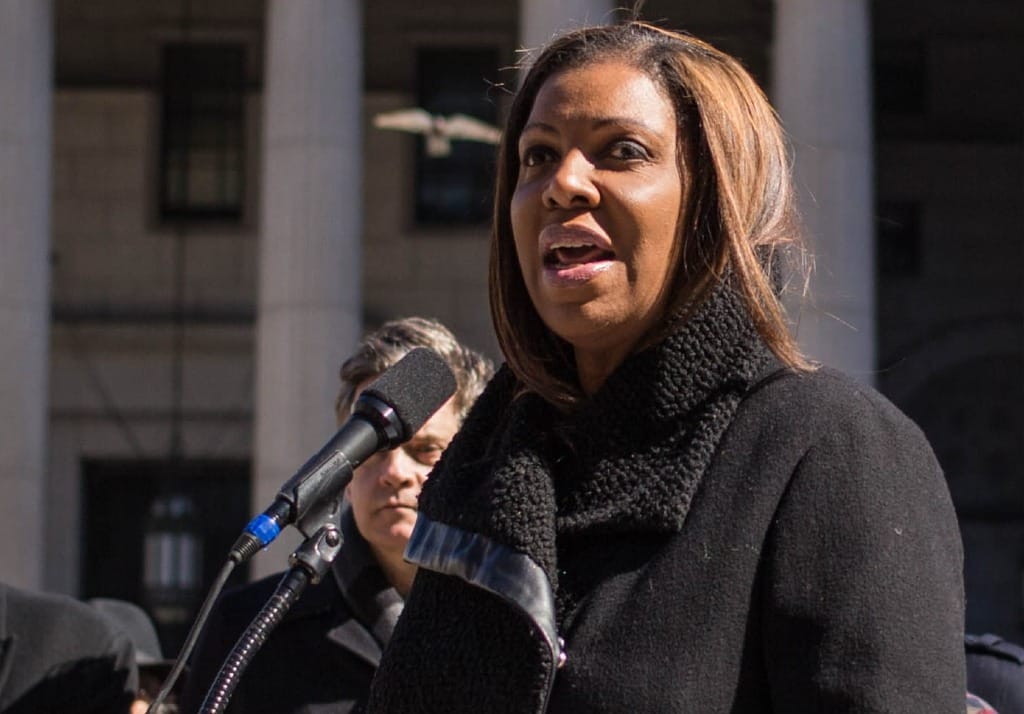ISPs Press Supreme Court to Reconsider N.Y. Internet Affordability Law
In a rare Supreme Court rehearing bid, ISPs argued the law was causing harm.
Jericho Casper

WASHINGTON, Jan. 27, 2025 – Once again, internet providers have petitioned the Supreme Court to weigh in on the legality of New York's broadband affordability law.
The Supreme Court in December declined to hear the broadband industry’s challenge to New York’s Affordable Broadband Act, leaving intact a Second Circuit ruling that upheld the 2021 law and paving the way for its enforcement on Jan. 15.
Now, ISPs have filed a petition for rehearing, citing new evidence to argue that the law has already caused harm. In a supplemental brief submitted on Jan. 17, they pointed to AT&T’s withdrawal of its 5G fixed wireless service from New York on Jan. 15 as a direct consequence of the state’s requirements.
“As we noted in our petition for rehearing, that [N.Y. state enforcement] created a serious risk that… some providers will cease offering broadband service in New York rather than sell at a loss. That risk has come to pass,” the petitioners’ brief stated. The coalition includes the New York State Telecommunications Association, CTIA – The Wireless Association, NTCA – The Rural Broadband Association, ACA Connects, and USTelecom – The Broadband Association.
The Affordable Broadband Act requires providers to offer discounted broadband plans to low-income households for $15 or $20 per month, depending on speed. The law’s framework relies on the FCC’s 2018 classification of broadband as a Title I information service, which left states room to regulate broadband prices. The Second Circuit ruled in April 2024 that the law was not preempted by federal law, finding that Title I limits federal authority but does not prevent states from stepping in.
But ISPs have argued that the law creates untenable conditions, forcing them to either operate at a loss or withdraw from the market. AT&T’s decision to pull Internet Air from cities including Albany, Buffalo, and Syracuse highlights the industry’s fears, the petitioners claim. They warn that the law could discourage investment and reduce options for underserved communities.
New York Attorney General Letitia James has defended the law as a critical consumer protection measure, emphasizing that it ensures low-income residents have access to essential broadband services. In an October 2024 brief urging the Supreme Court to deny review, James argued that the law does not interfere with ISPs’ broader rate-setting authority and was not traditional rate regulation but a targeted affordability program.
The Supreme Court rarely grants petitions for rehearing, with success rates hovering around 1%. According to court data, only about 3% of rehearing petitions filed with merits panels have resulted in any relief, and even then, the changes are typically minor and do not alter the outcome of the case.
If the petition is denied, the Affordable Broadband Act will remain in effect, reinforcing the Second Circuit’s ruling that states have the authority to regulate broadband prices under the current Title I framework. This could embolden other states to pass similar affordability measures.









Member discussion